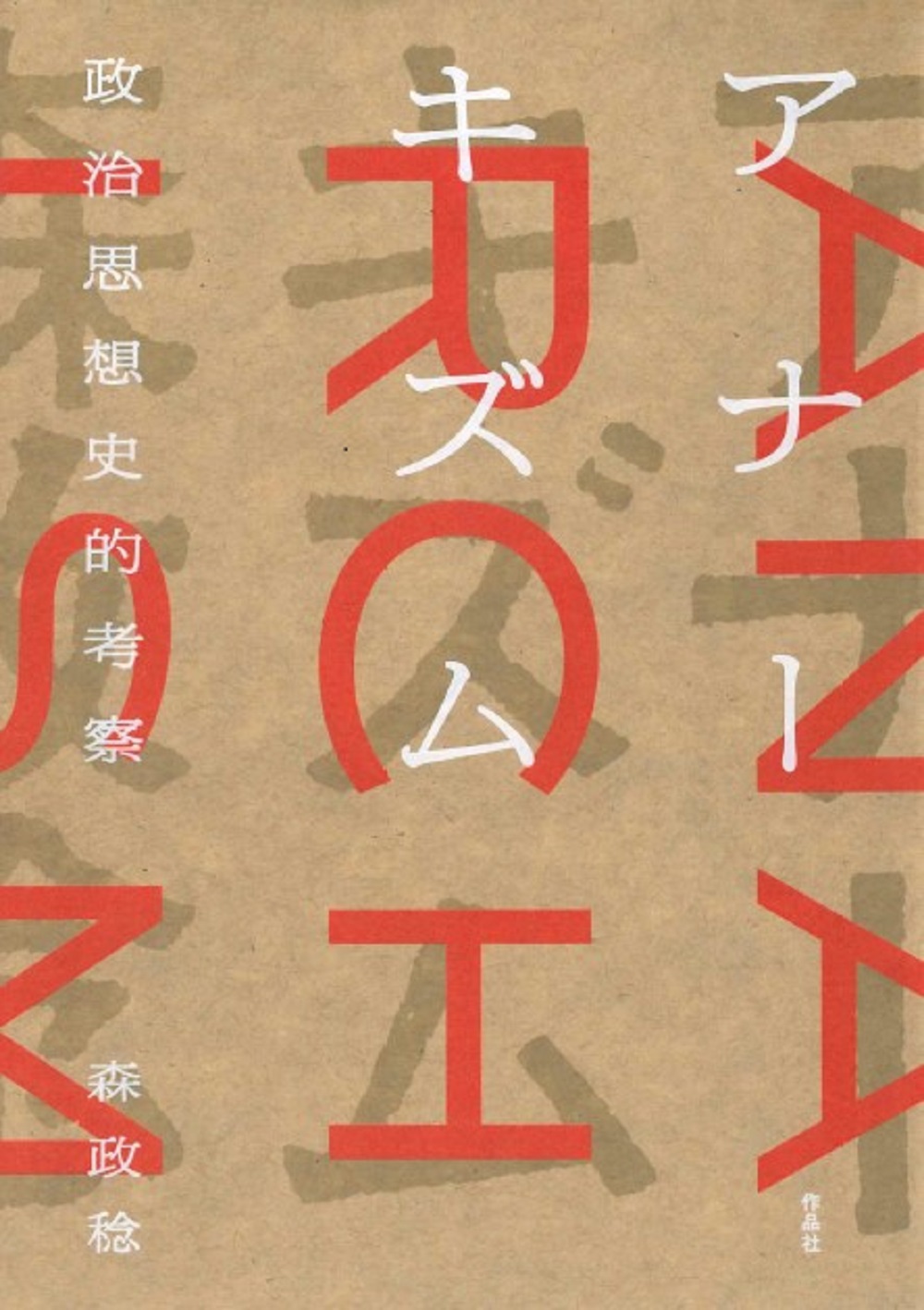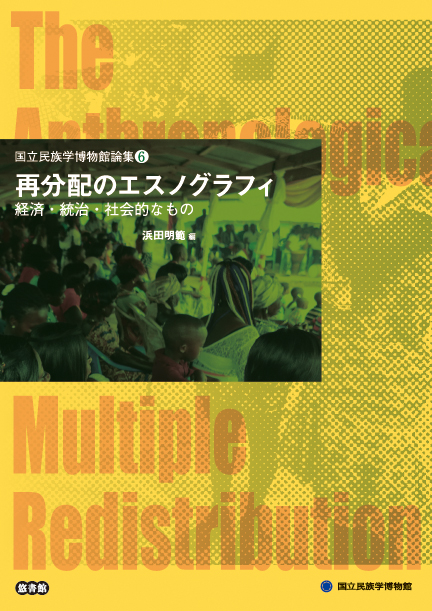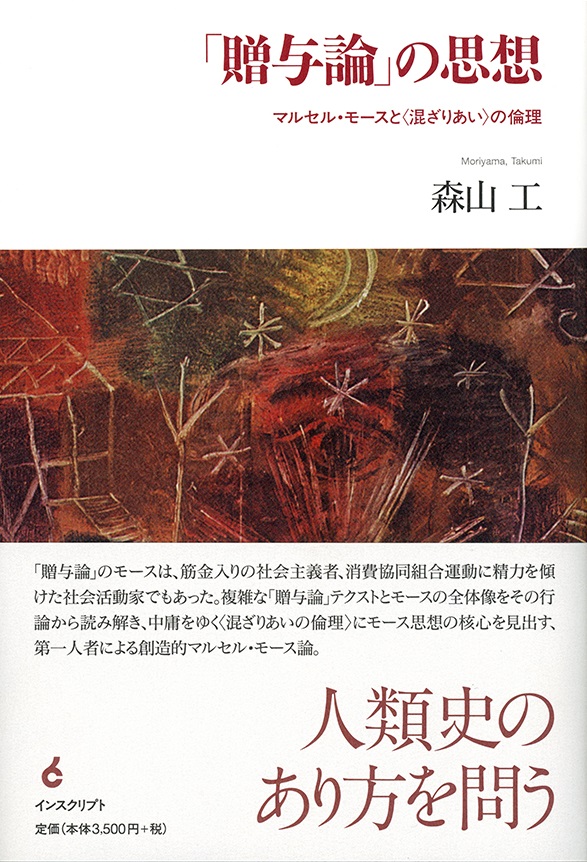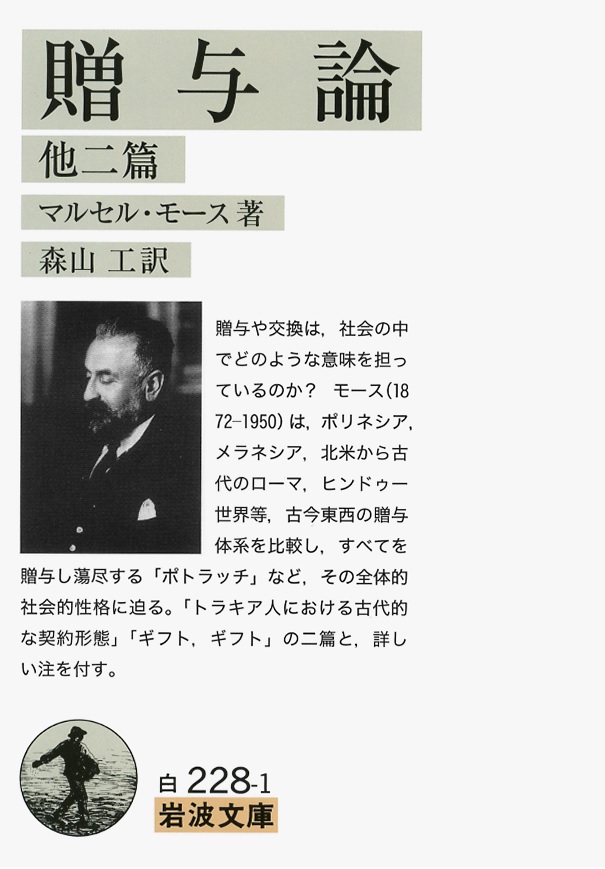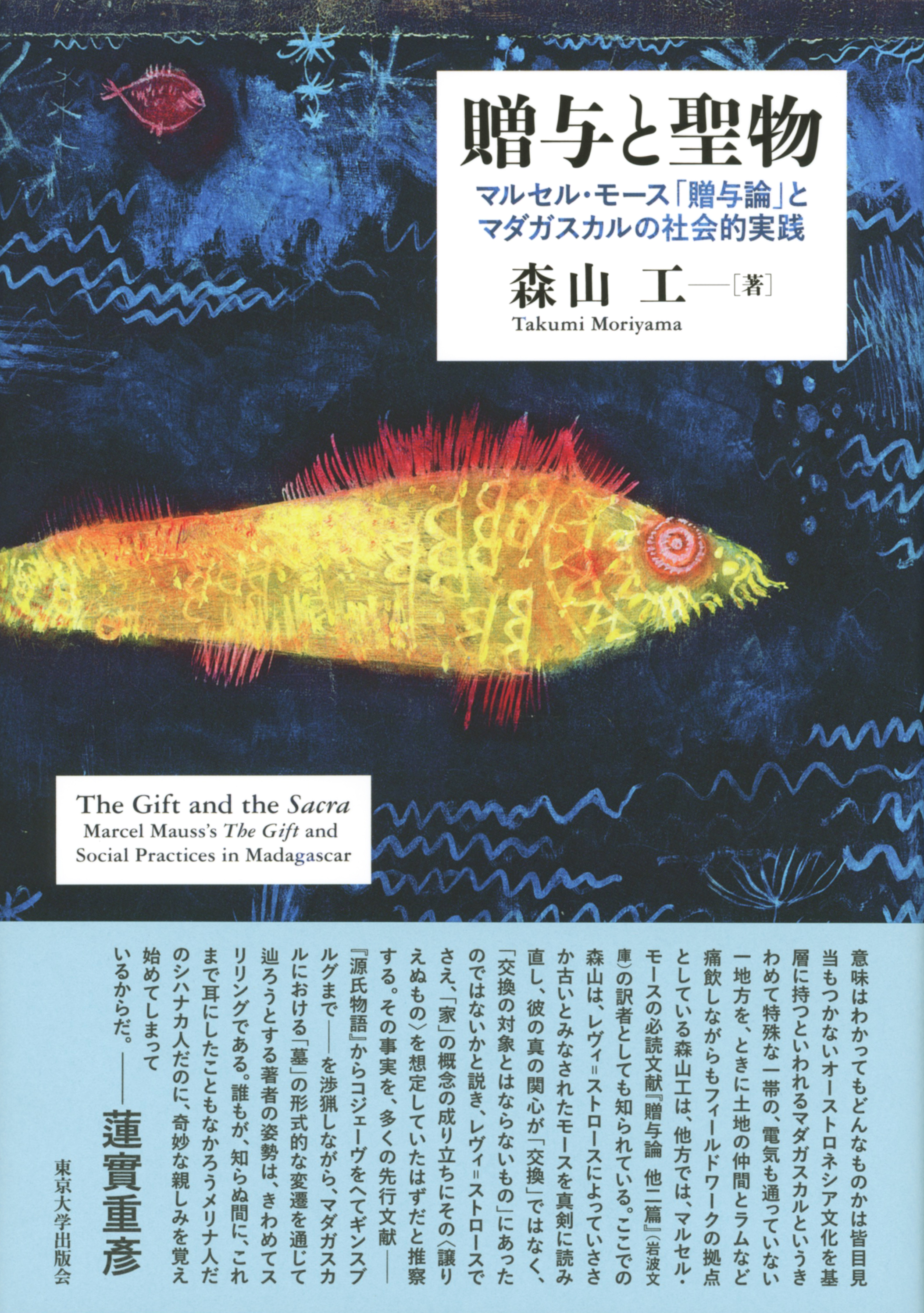
Title
Kanounaru Anarchism (Achievable Anarchism - Marcel Mauss and the Moral of “the Gift”)
Size
272 pages, 127x188mm, hardcover
Language
Japanese
Released
September 25, 2020
ISBN
978-4-900997-77-6
Published by
INSCRIPT
Book Info
See Book Availability at Library
Japanese Page
What ideology and practices come to mind when you hear the term “anarchism”? Historically, anarchism has encompassed an extremely broad range of diverse ideas and methods, with goals ranging from the realization of absolute individual freedom through complete elimination of subordination to authority to the establishment of autonomous cooperative systems through emphasis on cooperation and mutual aid unconnected with any central power.
Broadly speaking, the anarchism proposed in this book belongs to the latter lineage. David Rolfe Graeber, who passed unexpectedly in 2020, attempted to define anarchism based on the four characteristics of “decentralization, voluntary association, mutual aid, and network model.” These are also the core principles for the society that should be realized; this led me to think, “what are the foundations on which these principles can be realized?” Trusting in people’s cooperativity alone is clearly not enough. It was in this context that I discovered the importance of the exploration made in The Gift (1924) by the social anthropologist Marcel Mauss.
What should not be forgotten when thinking about anarchism is the fact that it was able to survive as a vibrant ideology from the latter half of the 19th century to the latter half of 20th century primarily because it served as a strong alternative to Marxist communism and Soviet-style dictatorial socialism. However, while anarchism served as a bold declaration of opposition to social revolution imposed from above, it hardly touched upon the production-centric theory (i.e. historical materialism positing that the mode of production determines the nature of society) that was the ideological basis for Marxism.
Mauss’ economic anthropological exploration elucidated the fact that the basis of all human relationships and societies was not the mode of production but, rather, the mode of exchange and, particularly, modes of exchange buried deep in the social structure outside the scope of modern economics whose primary concern is the commodity economy. It is when we recognize this fact that we are able, for the first time, to envision a path of social change based on an image and foundation that is different from class struggle theory and the strategy of the “active minority,” on which anarchism relied for a period of time.
Lastly, at the risk of singing my own praises, I would like to point out two achievements of the book. First, it proposes a way to deal with the unavoidable, urgent challenges of overcoming productivism and growthism which still dominate our world. Second, it encourages a reexamination of the role to be played by the state, which is a particularly timely theme given the current COVID pandemic, calling for vigilance against placing our expectations and reliance on strong authority and leaders who exercise it.
(Written by YAMADA Hiroaki, Professor, Graduate School of Arts and Sciences / 2021)



 Find a book
Find a book


